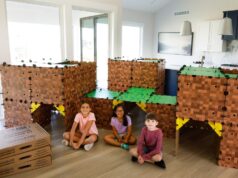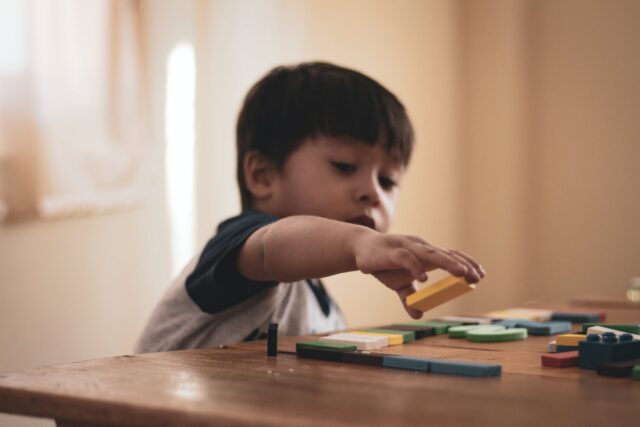
For adults and children alike, there are so many great board games that we all love to play. From Monopoly to Scrabble to Cluedo, there is a board game for everyone. But whilst many people think that playing board games is just for fun, there are so many benefits of board games which can help your child develop and educationally. There are great board games for children of all ages and so as your child grows, you can give them more complex board games to play. This article will explain how board games can improve your child’s learning.
1. Kids Learn Best When Having Fun
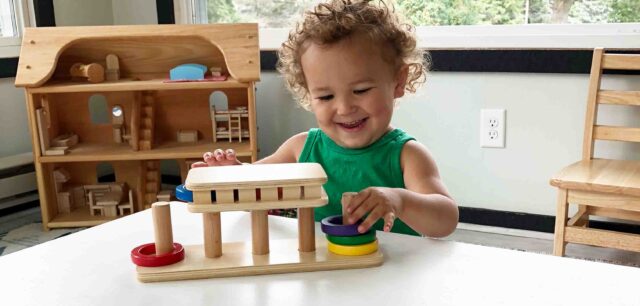
The first benefit of board gaming is that a fun environment is ideal for helping children learn. Studies have shown that when kids are in an environment where they feel relaxed, happy, and safe then they tend to learn things more easily. When children play a board game, they’ll be laughing and they’ll be having a good time and any skills that they’re practicing through the game like math skills, language skills, or social skills will be learned and developed more easily. Schools, teachers, and education experts are constantly looking for different non-traditional methods of teaching and board games have been shown to have fantastic benefits for children’s learning. Whilst playing board games with their friends and classmates, children learn to cooperate and play respectfully with others which is much easier to teach children by encouraging them to have fun together, rather than just telling children that it is a rule to be kind to each other.
2. Board Games Can Teach Children a Range of Great New Skills
There are so many fantastic board games for helping children to learn all kinds of skills. Word games like Scrabble and Boggle for example, are excellent at teaching children spelling. Scrabble, in particular, has been used in English lessons for years and you can find more here about how to maximize your Scrabble skills. Scrabble is great for building vocabulary as children will constantly need to arrange and rearrange their tiles to find the best word possible and which they can get out on the board. There are board games for all different ages so as your child gets older, you can find more and more complex board games for them to play which will help their development. Start with simple board games like shoots and ladders to help teach children basic counting and co-operation.
Children of all ages learn how to control their own emotions while playing board games as well as the importance of fairness. Additionally, children learn how to police themselves and you will find that they enforce the rules amongst themselves without usually turning to a teacher or parent for help or clarification.
3. Playing Board Games Reduces Child Anxiety when Learning
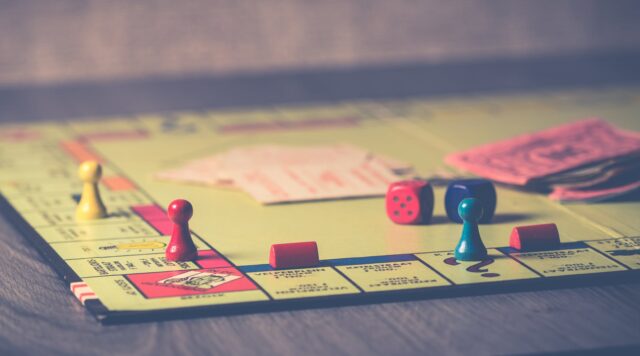
For many children, learning from books in a traditional classroom environment can cause a lot of stress and anxiety. Children can be affected by the pressure of being taught something directly where they may feel inadequate if they don’t know the skills. Take math and English as two examples. The pressure of being told to spell or add up by a teacher in front of other students can be very overwhelming for many children. If, however, a child is allowed to play Scrabble with their friends without any pressure from a teacher or parent, they will add up and spell without any performance anxiety.
4. Playing Board Games Releases Endorphins as Children Study
When both kids and adults play board games there will be so many happy chemicals released by the brain. Playing board games promotes the release of endorphins, dopamine, and serotonin which reduce stress and help to strengthen immune systems and help to fight infections. Endorphins are particularly great as they are the body’s natural way of just making us feel good and they’re great pain relievers too. All these chemicals not only help children to be happy and stay healthy but also promote brain health and educational development.
Good physical and mental health is of course vital for child learning and development and so board games create the perfect environment for children’s education. It can be beneficial to try and avoid board games which will make children angry or over-competitive as this can reverse the positive chemical releases of playing board games. Monopoly is one of the most infamous board games for causing anger and frustration so be careful when asking children to play.
5. Playing Board Games Helps Children to Develop Motor Skills and Coordination
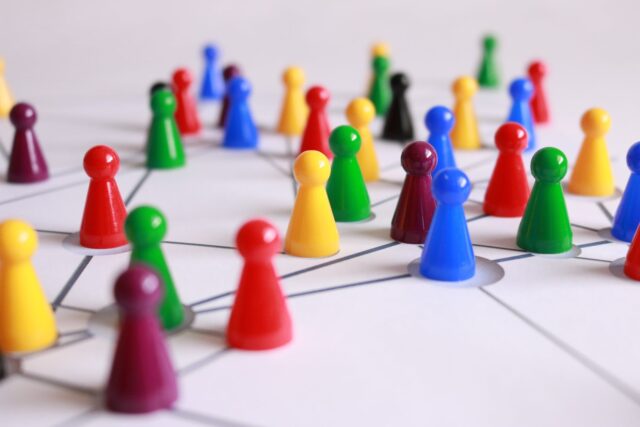
Another benefit of board gaming is the development of fine motor skills, whether it’s something as simple as rolling dice or moving pieces across the board. Motor skills are very important in children’s learning and development but usually, when children first start playing board games, their motor skills are not very developed. Young students may have trouble keeping the dice on the table when they roll it or may knock over all the pieces when they roll the dice. Students learn how to do these things more carefully when playing board games. Many games are specifically focused on fine motor skills development. Games like Jenga are great because though it may just seem like children are simply pushing or pulling blocks out of a tower, this takes tremendous hand-eye coordination and good decision-making skills to recognize which blocks are suitable and which aren’t. Learning how to make good judgment calls is so important in a child’s development.
Playing board games is so much fun for children and adults alike and there are so many different board games that are available for us to play. As well as being a lot of fun, playing board games also provides so many benefits for children’s learning from the youngest child up to teenagers and beyond. There are board games that can help children develop physically, mentally, and emotionally and which enables children of all ages to learn new skills in a variety of areas. If you are looking for new ways to help your child to learn, try getting them some different board games to play and you can help them improve their learning.


